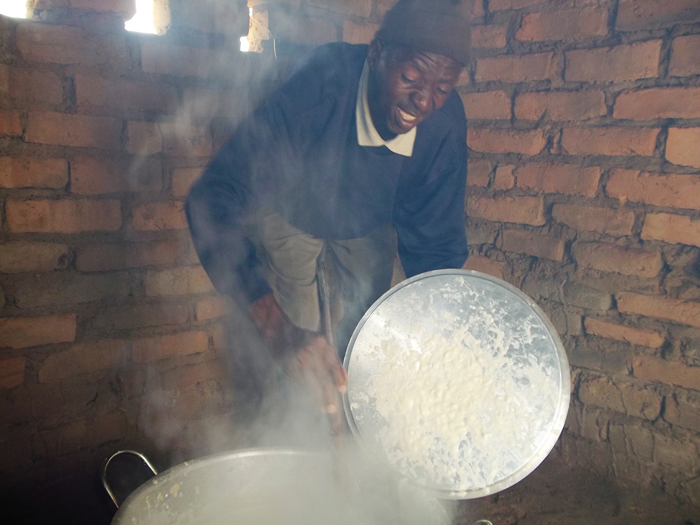

Nutrition in Africa
Stunting, due to a lack of or poor nutrition, is a major problem in many African countries, including Malawi and Nigeria.
It is a well-established risk marker of poor child development. Stunting before the age of 2 years predicts poorer cognitive and educational outcomes in later childhood and adolescence and has significant educational and economic consequences at the individual, household and
community levels.

Nutrition in the UK
Compared to Africa, nutrition in the UK is much less of a problem.
However, it is still vitally important and during pregnancy much good advice will be given during antenatal care.
In terms of breastfeeding there is no doubt that ‘breast is still best’ but of course there are many challenges to be able to breastfeed exclusively for 6 months (WHO recommendation). Breastfed infants have higher levels of polysaturated fatty acids (PUFAs) than bottle fed babies. Essential fatty acids are involved in producing neurotransmitters and research suggests that the neurotransmitter balance may be set very early in life, which may have implications for depression in later life – links between low PFUFAs and human depression have been established. Even though some infant formulas are supplemented with PUFAs, they still do not provide the complex range of benefits of breastfeeding. For example, the breastfeeding mother provides tailor made antibodies for her baby. (Gerhardt, 2015). So wherever possible, exclusive breastfeeding for 6 months is an important part of providing good nutrition for your baby, and which provides many benefits, including lower risks of some mental health conditions in later life.
